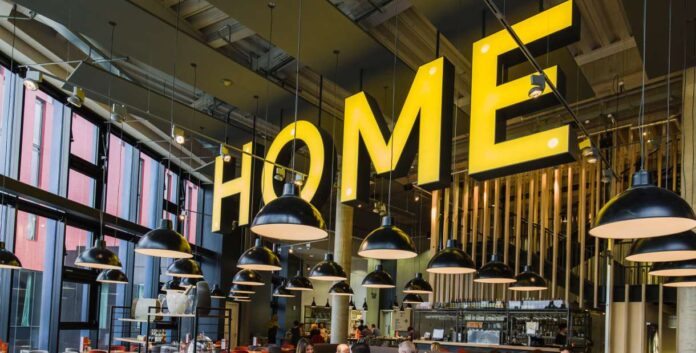New research has revealed the profound impact of COVID-19 on the UK cultural sector’s organisations, workforce and audiences.
The sector is at a major turning point and facing imminent burnout alongside significant skills and workforce gaps, a report from Leeds’ Centre for Cultural Value shows.
The report found that the pandemic held a mirror up to a deeply unequal cultural sector. Its impact was not experienced evenly across the sector, with younger workers, women and workers from ethnically diverse backgrounds among the hardest hit in terms of losing work and income.
For freelancers, who make up a significant part of the cultural workforce, the impact was major and sometimes devastating. Freelancers constituted 62% of the core-creative workforce before the pandemic and only 52% by the end of 2020.
The most dramatic decline in the cultural industries workforce was observed in music, performing and visual arts, where the professional workforce fell by around a quarter between March and June 2020, with no signs of significant recovery by the end of 2020, in comparison with other sectors.
Places with a history of obtaining public investment – and the arts and cultural organisations based in those places – benefited most from the Culture Recovery Fund.
Networks played a key role in building resilience and, in light of the pandemic and Black Lives Matter, many cultural organisations re-evaluated their relevance to local communities. This was complemented by an increase of hyperlocal engagement due to lockdown restrictions on travel and behaviour.
Despite the rapid take-up of vaccines, the population’s confidence in returning to cultural venues has remained stubbornly low throughout 2021.While the shift to digital transformed cultural experiences for those already engaged with cultural activities, it failed to diversify cultural audiences.
80% survey respondents said that taking part in arts and culture was important to their wellbeing, positively affecting their mood and helping them to manage anxiety.
Centre for Cultural Value Director, Professor Ben Walmsley, is one of the editors of the report. He said: “Although the pandemic is still very much a part of our everyday lives and the longer-term implications of our research are still emerging, it is already clear that the pandemic has had a significant impact on the arts and cultural sector in the UK.
“We’re at a major crossroads. Policy makers now have an opportunity to learn from the experiences and challenges faced by the arts and cultural sector during the pandemic. The UK’s cultural sector urgently needs to work together and seize this moment to adopt more equitable and regenerative modes of working and create positive and lasting change.”
The evidence gathered by the report’s authors during the height of the pandemic was a vital source of insight for civil servants, cultural organisations and policy makers. The report also includes an analysis of the effect of the pandemic on the cultural sector in the Greater Manchester City Region and case studies from a range of arts organisations in the UK, offering insights into how different organisations coped with the challenges of an unprecedented crisis.
The authors believe policy makers and others should examine the report’s findings and seize the opportunity to transform the bruised cultural industries as they recover from the pandemic’s effects.







